

I met Hideo Kojima a few years ago at E3 during one of Activision's lavish music extravaganzas (starring Jay-Z and Eminem if I'm not mistaken). He seemed a bit taken aback by the forward (and loud) European fellows who may have had one or two beers earlier in the night. Perhaps a cultural clash, perhaps a result of pulling one too many pranks on his fans, Kojima seemed to be a rather guarded individual - either way we soon retreated from the awkward situation.
(Then again it could have been down to us and our demeanour.)
We met again at this year's event under more controlled conditions. As I looked across the table at Metal Gear creator I could not help but think that somewhere behind that poker face of his, there's a man who really wants us to figure out his clues and innuendos for ourselves. His every word seems measured, but between his face and the rather stiff translator I cannot tell whether he is being sincere or if he's having a bit of fun. More on that later. First let me paint you a picture of the scene.
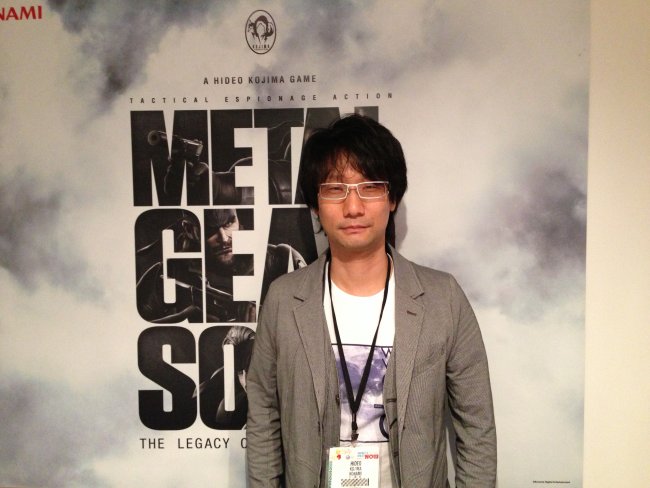
Hideo Kojima is one of those industry legends capable of dictating the number of interviews he does during E3. He doesn't have to do back to back interviews for all three days of the show. Maybe he does a handful of sessions, maybe he spends half a day doing interviews.
This session took place in a very crowded, sterile meeting room in the back of Konami's E3 booth. A couple of Konami representatives, four other journalists, a translator and Hideo Kojima were in attendance for the roundtable. With half an hour we knew the number of questions we could ask would be limited to a couple, maybe three at most. The pressure was on.
Curious about the misdirection leading up to the announcement of Metal Gear Solid V: The Phantom Pain, I asked Kojima about his motivations for first announcing Ground Zeroes (August 2012), then The Phantom Pain (December 2012) and finally Metal Gear Solid V: The Phantom Pain (March 2013).
"We didn't really want to reveal Ground Zeroes at the time that we did. But it was the 25th anniversary of Metal Gear and we really needed to showcase something we hadn't shown before. So Fox Engine and Ground Zeroes - although it wasn't [the] time that we'd like to - we released it at that time."
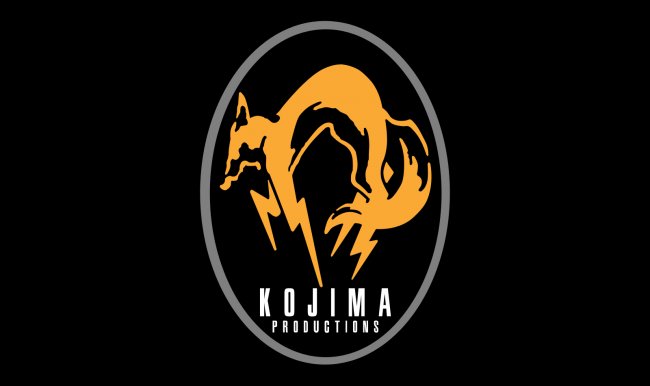
"And at that time there was not too much movement in technology in gaming. So we thought we'd try to in a very guerrilla way, push out our Fox Engine. And that's why we thought of Moby Dick Studios. Of course it was kind of more of a childlike humour to me, to create this mysterious studio and say "The Phantom Pain". But of course it was Metal Gear Solid V at the time; it was just released as The Phantom Pain. And seeing how that would really come about and what people would start saying about it and socially... Twitter and whatnot. How that would flow out, so in a way it was a good experiment for us as well."
"And ultimately we really wanted to see how people would react to Fox Engine without having the name - without Konami, without Kojima Productions and without Metal Gear Solid included. How people would react and what kind of feedback we would get back from the fans, from the industry before it came out from the studio. We wanted to see what that was like and it turned out very well."
"Of course, the VGAs, where The Phantom Pain was first shown, in order to get that into the programme there we had to tell the producer there that is MGS. But he was the only person who knew about it."
"And based on the feedback, knowing that it was just Moby Dick Studios, a company or a studio that has never put out something like that, to get all that kind of buzz, made me very happy. And actually at the time when we were giving our trailer to the VGAs, the people that were judging it to get it into the programme didn't know that it was from us. Having them accept it amongst the giants that are out there in the industry and really push for it was great. Cause knowing that it's a Metal Gear Solid it might have been a little easier to get into the VGAs. So that was also a great honour for us."
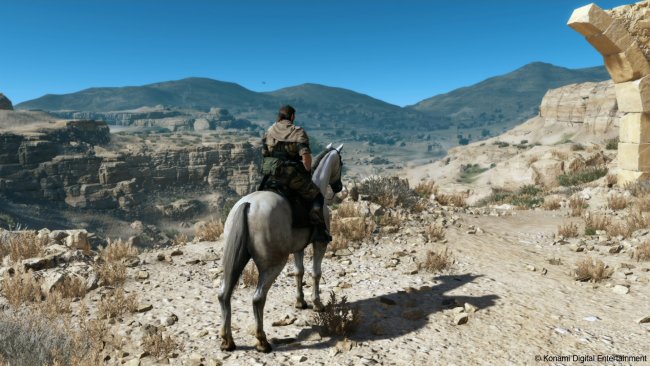
The open world aspect of Metal Gear Solid V: The Phantom Pain is perhaps the biggest change in franchise history.
"As far as game development goes, an open world is very big. If you look at the environments, there are a lot more vast environments. And game design-wise you have to look at game design for a big world and overall the development is just huge compared to past games."
"And in order to make things much more efficient Fox Engine provides a way where the environments, instead of the environment artists and the modellers having to draw each model of the environment, now level designers can just create terrain to a point where they can show the game design so modellers don't have to do everything on their own."
"[In] past Metal Gears, you look at it as a linear story and game design. Everything that the designer wanted to happen would happen. If you wanted an explosion you would definitely have it there. As far as an open world game the user has all the freedom to choose where to go, how to go about missions and it creates a simulation of infiltration. A realistic espionage action game. So the user would choose how to go in, what weapons and whatnot, and how to come out, so that is something that's completely different game wise."
"Story wise the development has also changed. Of course, in a linear game you would tell the story chronologically and make it happen linear. But in an open world game the user gathers information on their own to create the story that is supposed to be told. So it doesn't matter what order it goes about, the story is told by information that people gather by themselves. So there's a big difference there."
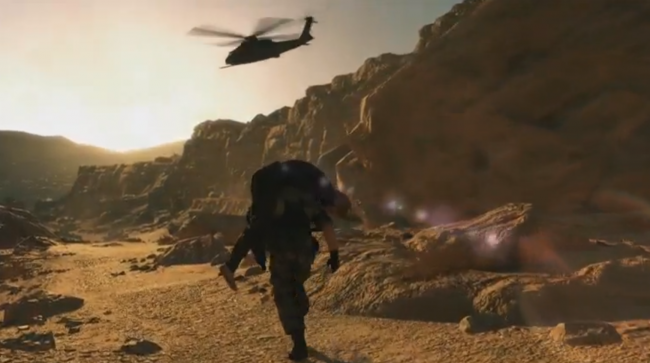
As it turns out one of the journalists wasn't a journalist, but rather of fan of Kojima's from Turkey. Just how he had managed to make his way to the appointment is a mystery given the sparse number of slots available. Nevertheless, he expressed his admiration for Kojima and how Metal Gear had changed his life. If it wasn't for what happened next, I would probably have been a little upset about his inclusion, but as it turns out his contribution to this story isn't insignificant. Not wanting to ask any questions he made a couple of statements instead. First of all, he asked Kojima not to allow a Metal Gear Solid movie to be, as it simply could not live up to the narrative of the games. Secondly, he requested remakes using Fox Engine for the first two Metal Gear Solid titles.
Hideo Kojima restated some of the known facts about the Metal Gear Solid motion picture as well as stating his involvement and ambition to make it a great experience. As for the second request Kojima explained that he was actually in the process of searching out a studio he could task with adapting the first game to the Fox Engine. He noted that some of the mechanics would need updating, but apparently he's keen on a second remake following Silicon Knights' Gamecube adapation Twin Snakes and HD releases of the original game.
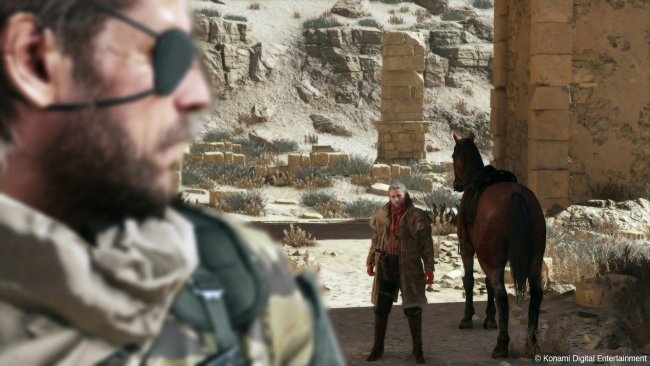
With the next generation of consoles, PS4 and Xbox One, headlining E3 we asked Kojima for his thoughts on what it offers him as a game creator.
"For us it's not about upgraded graphics or anything like that. We're really looking forward to the fact that we can now use multiple devices to play a game. So whether it's smart phones or tablets, we can play Metal Gear Solid V on that tablet or smartphone and integrate that into what we have on the console. So people can play the game essentially 24 hours and be in the world of MGS anytime they like to."
Our colleague to the left asked a more direct next-gen question in a joking fashion - PlayStation 4 or Xbox One - what's Hideo Kojima's personal preference.
"I think I'll buy both. But at the same time they'll probably send them to me," said Kojima with a dry sense of humour and the room erupted with laughter. "But from the price point probably PS4," he added drawing more laughter. A quote that if released on its own could be seen as an endorsement of PS4 at the expense of Xbox One, but given the context it was more of a joke than an actual endorsement from the legendary game creator.
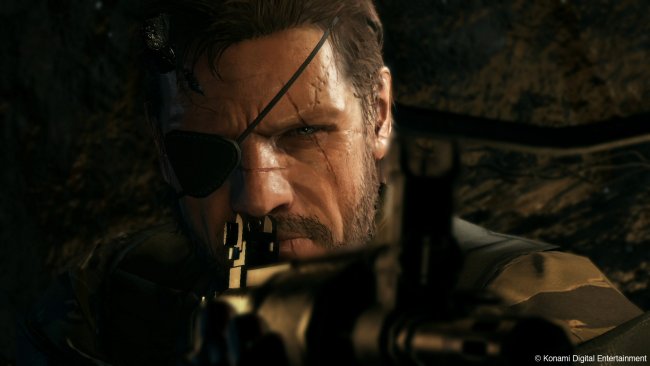
Following the pre-E3 announcement that Snake would be voiced by Kiefer Sutherland, and not David Hayter, there has been a lot of speculation about whether this is another case of misinformation in the build up ahead of release. At first Kojima did not want to elaborate on the decision and the subsequent fan reaction as he felt he had already done so during Konami's pre-E3 press conference. He noted the decision was nothing like when Roger Moore replaced Sean Connery as James Bond as Snake now required a different skill set given the performance capture, and that an actor capable of delivering a performance and not just a voice was needed.
Finally, one of the other journalists could not help but ask about who Snake was up against this time around.
"I can't say who it is. But it's probably exactly who you think it is," said Kojima and I think I may have spotted a faint smile on the lips of the Japanese game director.
That would have been the end of this story if I wasn't chased down by one of the PR representatives following the roundtable. He wanted to make sure we didn't post Kojima's comments on next-gen out of context, and without noting the joking nature of his remarks. Obviously it wouldn't look good after Kojima had opened the Microsoft press conference if he said he preferred PS4. We were left with the impression that there is more to the Kojima/Microsoft relationship than what was revealed at E3. Surely Microsoft wouldn't give away their conference opener without some kind of exclusivity in play?
Metal Gear Solid V: The Phantom Pain is in development for PS3, PS4, Xbox 360 and Xbox One - with PC unconfirmed, but still possible. Ground Zeroes has been described as a prologue designed to introduce players to the new gameplay of Metal Gear Solid V: The Phantom Pain, but no details on how and when Ground Zeroes would be released are available at this point in time.
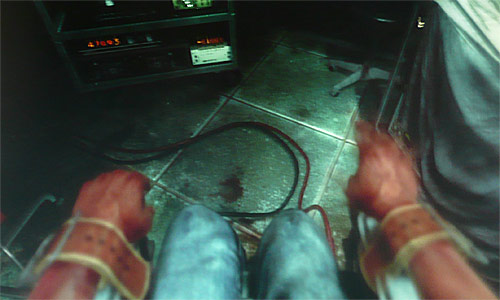
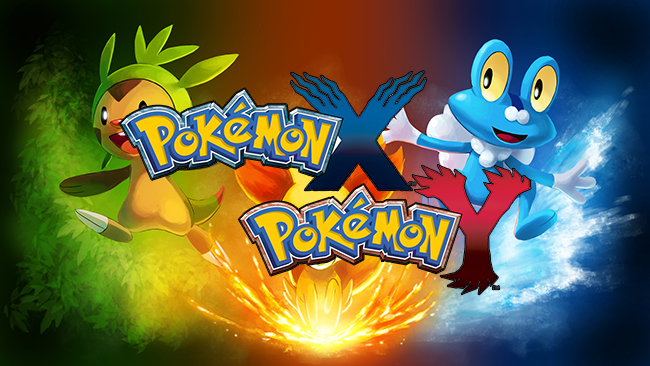
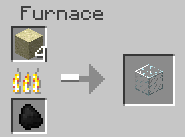
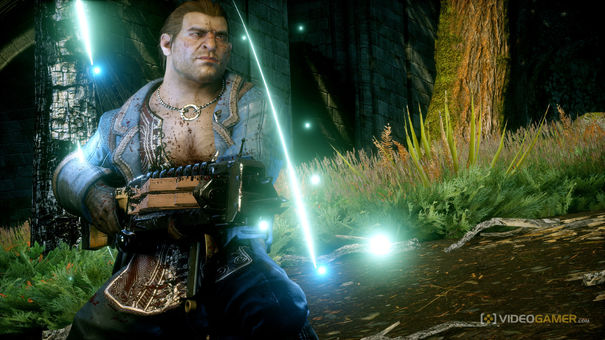
 Hitman Absolution Guide: Evidence Location Guide - GamersHeroes
Hitman Absolution Guide: Evidence Location Guide - GamersHeroes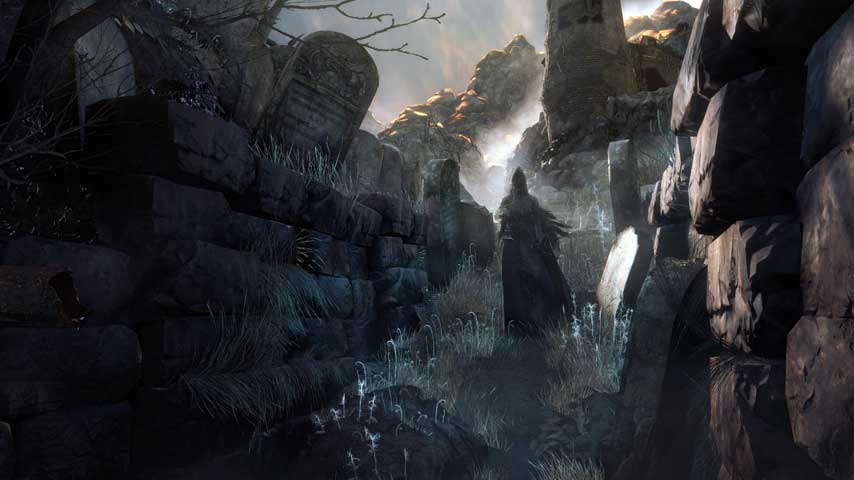 Bloodborne guide part 05: Cathedral Ward and Old Yharnam
Bloodborne guide part 05: Cathedral Ward and Old Yharnam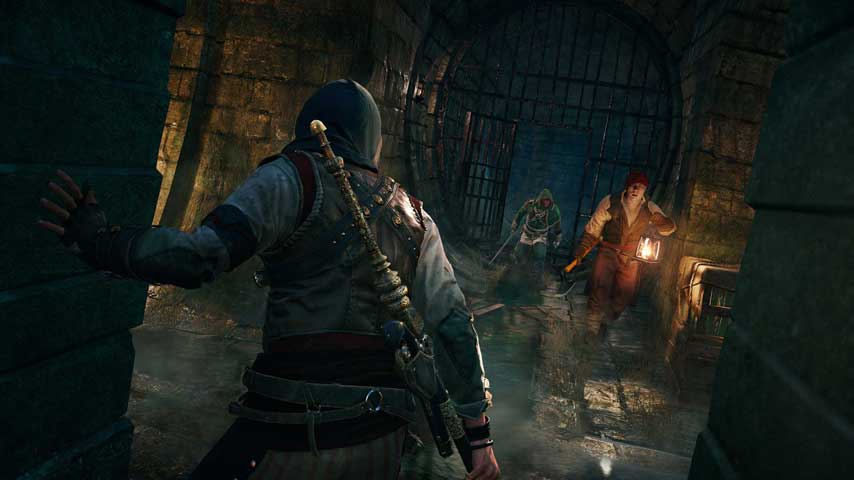 Assassin’s Creed: Unity guide – Server Bridge: Paris 1394 – Cross the Bridge
Assassin’s Creed: Unity guide – Server Bridge: Paris 1394 – Cross the Bridge The Week in Review: GTA 5 is bigger than all your faces combined edition
The Week in Review: GTA 5 is bigger than all your faces combined edition Sims 3 University Life Review
Sims 3 University Life Review